“I believe that happiness is a process.”
During the Senior Farewell dinner for the Bonner Community Scholar Program, April Bethea, ’14, began a reflection on her four years here at Macalester with this line. As the year draws to a close, more and more of these kinds of farewells crop up as people submit their last essays, present their last group projects, and attend their final org meetings. On the horizon is change and rupture: the seniors will graduate, demanding that the community on campus shift around their absence and welcome an incoming class. As a junior, I already feel the worrying air of disconnection from my classes, my senior friends, and even an echo of it as I think about my own ’15 cohort a year from now.
Talking through intimacy usually focuses on how to safely, consensually, happily start, maintain, and encourage whatever kinds of relationships we want. At the same time, I know relationships don’t last forever; part of being together means the possibility of breakups, breakdowns, less frequent meetings, changing from near- to long-distance, and losing touch completely. Goodbyes are hard, and they can be especially hard for those we are keenly intimate with, whether we configure the relationship as platonic, sexual and/or romantic. Even when the reasons for the end are necessary or understandable (as with the case of friends graduating and spreading out across the country), we need recognition of our feelings of loss, mourning, and fear that can accompany separation.
However, I still find myself pushing against the inevitability of conclusion in relationships. What does the “end” of a relationship mean? For me, I started asking this question last year, when my platonic datefriend graduated. I knew we would see each other again, that we would digitally maintain our friendship for the meantime, and that we loved each other no less. But the change was there and not welcome. It just seemed so unfair that I only knew her for less than a year. I miss her, and thankfully we see each other whenever I’m back home. Our relationship shifted and a phase might have ended, but it wasn’t the end. I welcomed the intermin long-distance stage, framing it as a mediation between times when we would be in the same city. At the same time, I know that I love her enough that I was willing to transform what intimacy meant between us in order to maintain our relationship.
I still (semi-)jokingly vowed then to stop making friends with seniors if they were going to leave me at the end of the year, especially if they weren’t planning on moving to NYC. I am fortunate enough to say that I broke this promise through and through, although with some of them I do not have the promised luxury of living in the same city after graduation. I mourn our relationships as they are currently formed, but I do not find myself as distressed as I was last year because I’ve since learned to retell the story of conclusions.
Farewells mark a loss of one (kind of) relationship and a gain of another. When I move forward, I bring with me all that I’ve learned from my friends. Loving during loss and farewell is, for me, recognizing the way intimate partners let us explore and see other ways of being. Even in moments when the separation is from oppressive circumstances, I lovingly remember why I thought the relationship was worthwhile in the first place. In doing this, I recognize the way they led to the actions I took to make myself happier, and I value my own strength as I recover and learn from the situation.
To truly honor my intimate relationships, I feel I must learn and experience as much as I can while they last. This deep learning does not just happen: it takes work. Although she does not speak directly to relationships, the following excerpt from April’s speech inspires me to think through my responsibility in creating intimacy as I want it:
“Life is messy, rhizomatic. I graduate next month knowing that, if nothing else, that is true. The friends I made my first year are mere acquaintances now, the person I have come to be is a shadow of my former self, and while sure, my good college memories sit highest on my mind, my abundant bad ones sit just below them, poised to undermine my bricolage self confidence the second the opportunity presents itself.
“What I have found though, however true or false this may be, is that happiness requires action. It requires the strength to hope for acceptance but accept rejection. It requires recognition of your many strengths and myriad weaknesses. It requires taking risks, leaving the comfort you’ve come to know and embracing the unknown. It requires the confidence to know when you’re right and the power to accept and recognize, the many, many times, you are wrong. It asks that you learn from your mistakes. It asks that you have the strength to not apologize for things you know are not your fault. It asks that you learn what bad situations are, so you can embrace the good.”
By framing happiness as a process, we can determine new, stronger ways to be active participants in our relationships. There are a myriad of circumstances outside our control that frame our potential for well being, like systems of oppression and others’ cruelty. But something most of us can control is how we learn from these situations and from our relationships. We can learn from retelling the narratives of loving ourselves within/without/because of/alongside our intimate relationships. I have taken actions to strengthen the friendships I have: things like scheduling check-ins, a weekly intentional conversation, sending thank yous, accepting more requests to hang out, and simply being more honest and vulnerable with folks I care for. In this way, my friends and I create more opportunities to learn and grow from one another. The person I am now is rooted in the love we shared, so I sincerely thank you, my senior friends and all Class of 2014, for making our spaces such sharing, learning, and utterly loving communities!



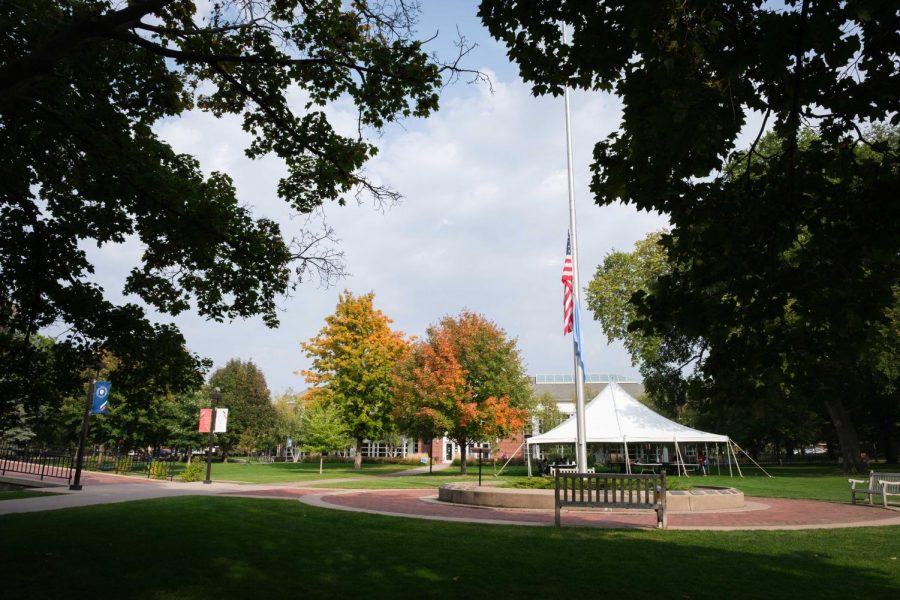






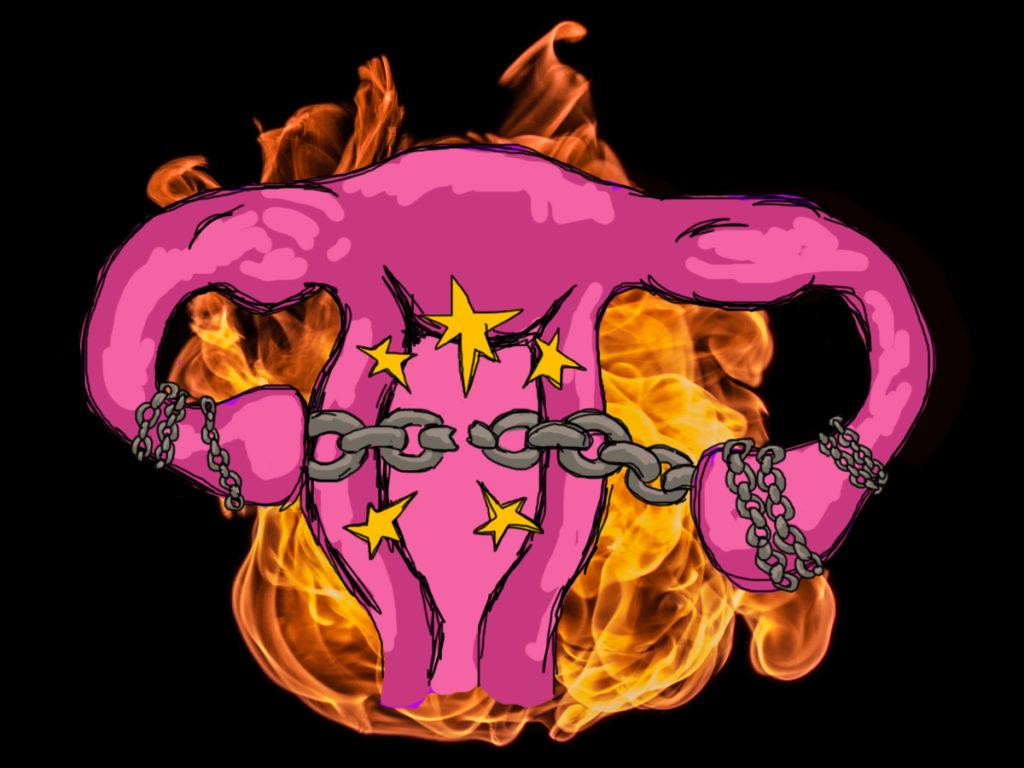
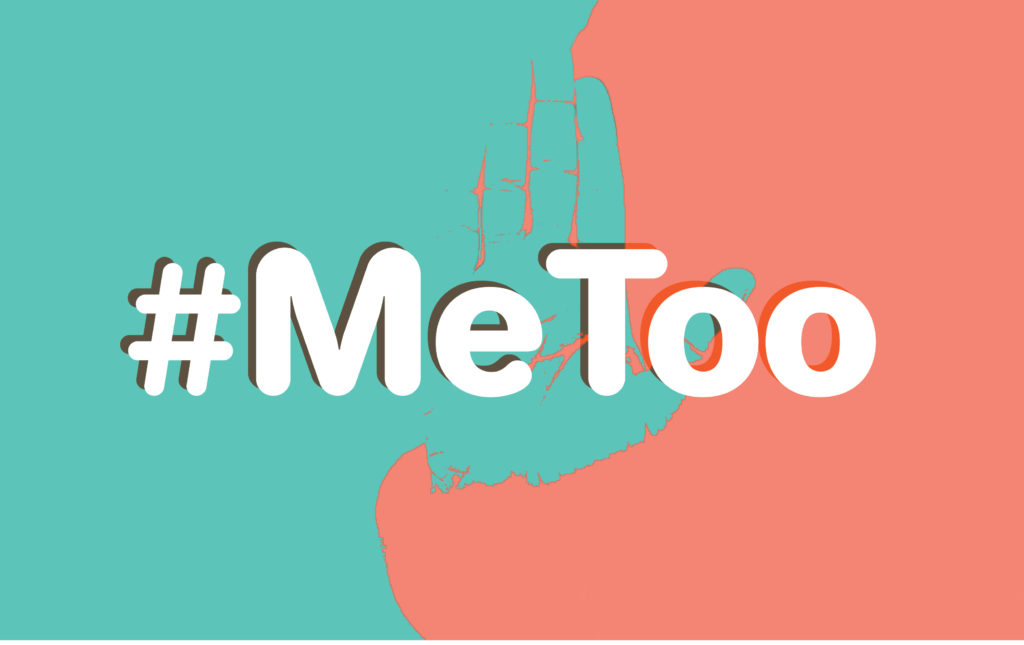
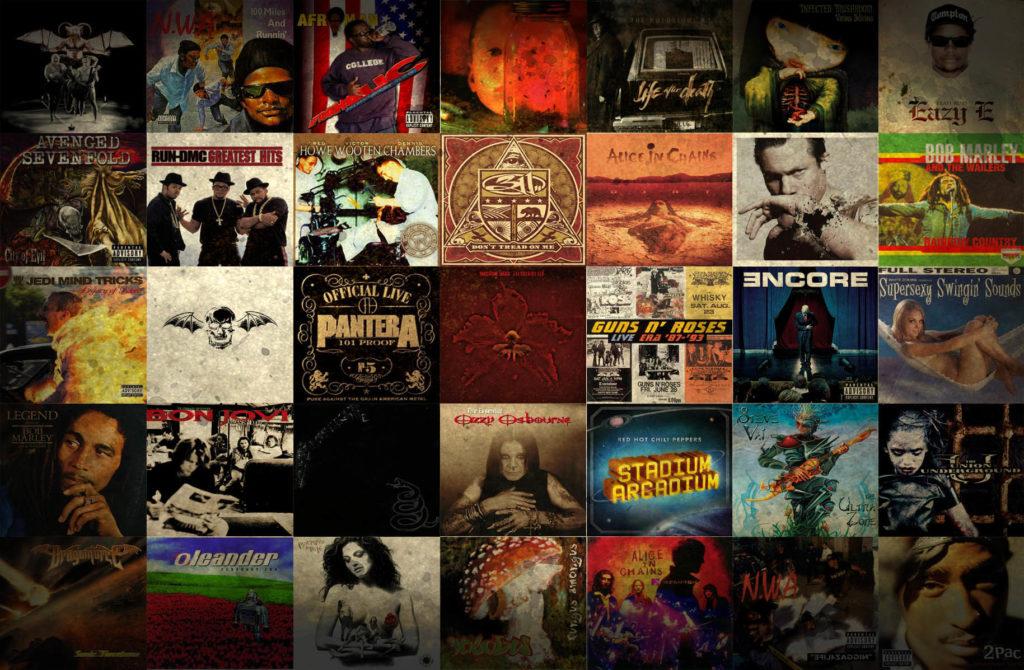
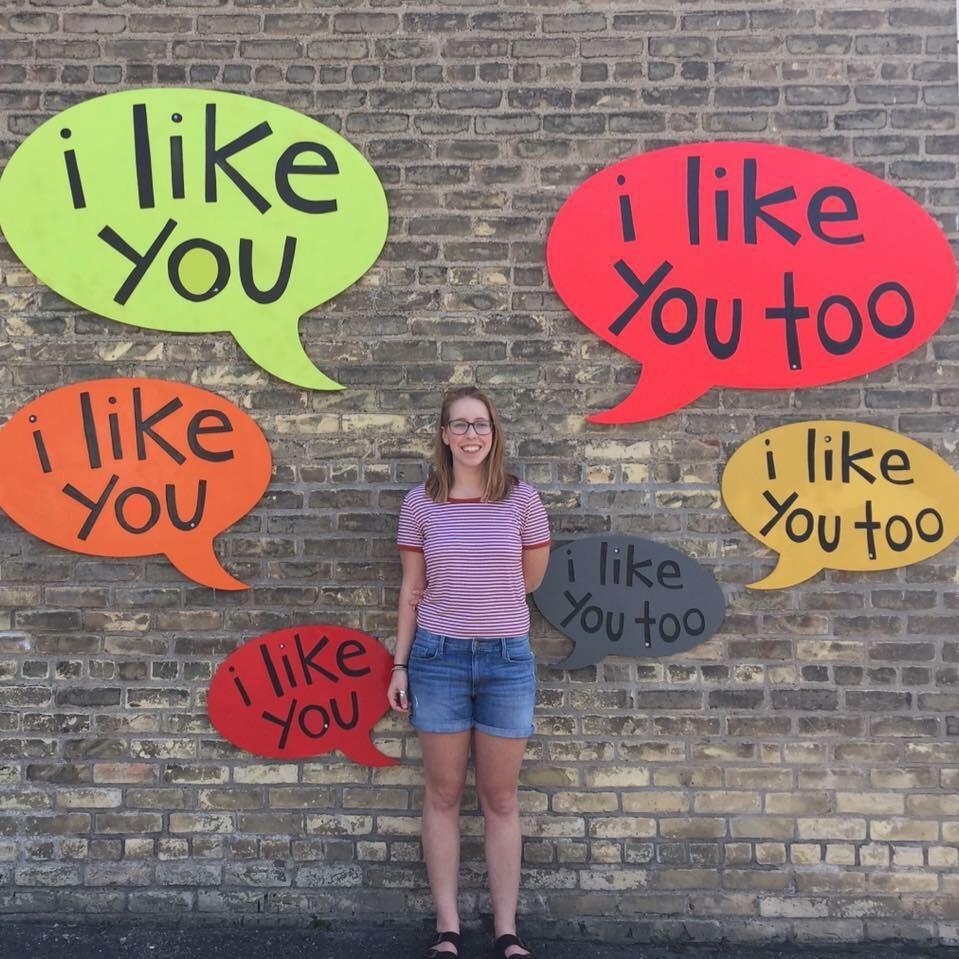
Ian Stewart • Sep 10, 2019 at 2:17 pm
Dead pent subject matter, Really enjoyed examining.
Phil Forsyth • Sep 8, 2019 at 8:29 am
Quality articles is the main to interest the viewers to pay a visit the site, thatís what this site is providing.